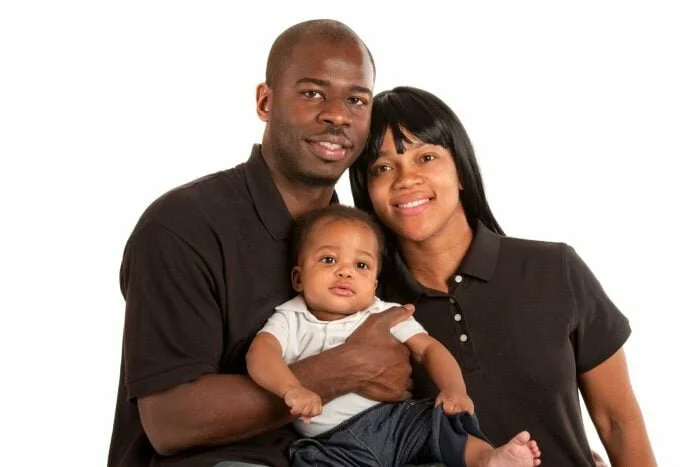Would you breastfeed your child beyond age 2? In this age and time, rarely would you see a mum who would breastfeed her child past the age of 2, it’s too much work for the mother especially if she’s working. Nursing an infant is different from nursing a toddler though.
Mayowa, a 28 year old mother of 2 has this to say;
“Nursing an infant who is squealing, grabbing your boobs and thrashing around while you struggle to make him latch on properly is not like nursing a toddler, no leaking, no engorgement and no midnight screams for breastmilk.”
“The effect of breastfeeding is calming on toddlers, it also provides extra health benefit and it will provide you the perfect opportunity to bond with your baby especially if you’re a working busy mom.”
“Like me, I work far away from home and I loved the time I spend breastfeeding my baby when I get back home from work, as it allows for adequate bonding. I weaned him when he was 5 years old and I weaned his sister when she was 4.”
“And yes, they could feed themselves, eat regular food and drink out of cups when I weaned them. I could decide not to breastfeed them throughout a day and they’ll be fine, it was a supplement and I breastfed them when it’s convenient for me. When they eventually got tired, they weaned themselves at 5 and 4 years old respectively.”
“So to answer your question, yes I would breastfed my baby beyond the age of 2. “
Mabel a 30 year old mother of 3 adds her opinion;
“I can’t imagine breastfeeding my baby beyond the age of 2, I don’t even have the time. When I visited my friend and her 3 years old daughter came in from playing with her mates, undid her blouse and was about bringing out her mother’s breast. “No, not now” her mother said “I want booby” She said again. “Not now! Mommy is busy” Her mother replied and smacked her baby’s hand.
“At the end she caved in to her daughter’s request and breastfed her, breastfed a baby that was old enough to ask for boobs, play around and even drag her mom for it! Never!”
“I don’t judge people for whatever decision they make, but I don’t buy the idea of children sucking breast until their toddler stage.”
“If it were for the bonding issue, then why didn’t all the formula fed babies have emotional problems or find it hard to relate with their mom? And no real bonding can occur at this stage I think.
“The problem mothers who breastfeed their babies until their toddler stage will have is that they might have difficulty setting boundaries for their kids, their children may become uncooperative, self-interested and too demanding.”
“Lastly, I believe children should keep moving and developing from one stage to the other. From being carried to crawling, from crawling to walking, and from breastfeeding to cup, why would anyone want to delay that process? ” #myopinion
I believe each mother should make this decision for themselves, though!
Mamalette! Would you breastfeed your baby beyond age 2? At what age did you wean your child? Share your experience please!













